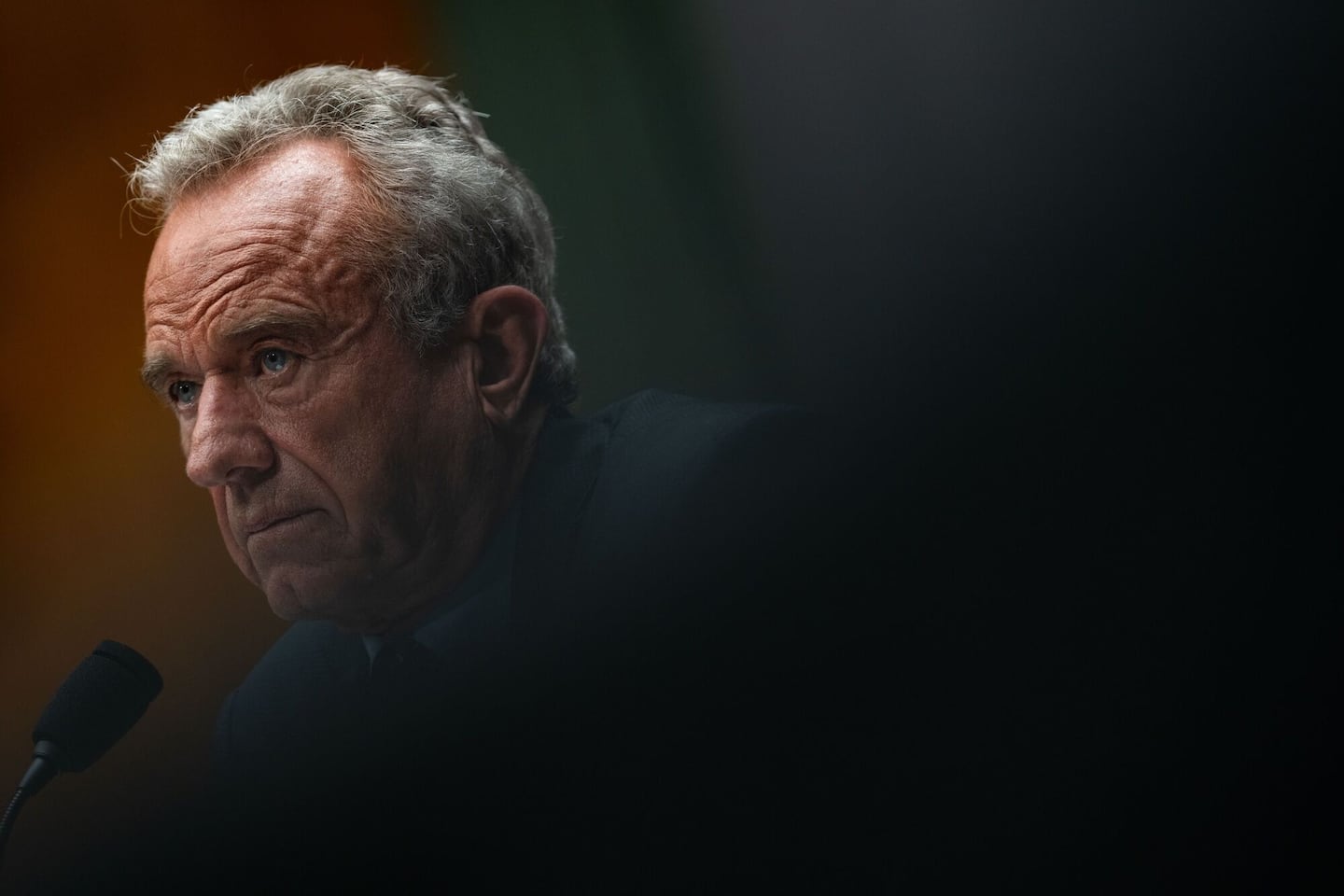Health and Human Services Secretary Robert F. Kennedy Jr., a longtime skeptic of vaccines, got confirmed by the US Senate after promising to work within the current vaccine approval system and maintain current vaccine recommendations.
But any hope that Kennedy would fulfill his promise and maintain policies based on rigorous science flew out the window when Kennedy recently “retired” all 17 members of a committee that makes recommendations on vaccine use. He has named eight replacements so far, at least two of whom should be considered unqualified based on their history of spreading vaccine-related misinformation.
The Advisory Committee on Immunization Practices, which can have up to 19 members, was established in 1964 to advise the US Centers for Disease Control and Prevention on what vaccines should be recommended for children and adults. For example, it recommends how many doses of a vaccine should be given at what ages. It also monitors vaccine safety.
The advisory committee’s guidance is key in determining which vaccines are covered by insurance and which are offered free through a federal program to uninsured children and those on Medicaid. States may use these guidelines to set school attendance requirements.
Kennedy announced his decision to replace the committee in a June 9 Wall Street Journal op-ed, which argued that public trust in vaccines is waning as the committee “has been plagued with persistent conflicts of interest and has become little more than a rubber stamp for any vaccine.” (Investigations into alleged conflicts of interest at the committee, like one published in Science in March, suggest these concerns are largely overblown.)
But Kennedy’s decision to appoint to the committee people who have trafficked in misinformation is hardly a recipe to restore public trust.
One problematic appointee is physician and infectious disease researcher Robert Malone. According to a 2021 profile in The Atlantic, Malone did early research into mRNA vaccines, then grew bitter that he wasn’t credited when the COVID-19 shots were released. He went on numerous talk shows casting doubt on the vaccine’s safety, arguing that the approval process was too rushed and that there was inadequate research into the effects on women’s reproductive systems; he even suggested the vaccines might make COVID-19 symptoms worse. The New York Times reported in 2022 that Malone promoted the drugs hydroxychloroquine and ivermectin to treat COVID-19, despite there being no evidence supporting their use.
Also appointed was Vicky Pebsworth Debold, director of research and patient safety at the National Vaccine Information Center, a nonprofit dedicated to raising concerns about vaccine safety and protecting people’s rights to opt out of vaccinations. Epidemiologist Michael Mina, on X, called the center “a well-known entity driving vaccine conspiracy and generally antivaccine agendas.” For example, the organization suggests the current childhood vaccine schedule hasn’t been fully vetted, and there isn’t enough evidence to determine whether there are correlations between childhood vaccines and various disabilities. (The schedule has been rigorously vetted by the advisory committee.)
Not all Kennedy’s appointees are unqualified. For example, Cody Meissner, a Dartmouth pediatrics professor who previously served on the committee and other vaccine-related committees, is highly qualified for the role.
A common thread among several of the appointees is a history of questioning COVID-19 related precautions. (While the rapid development of COVID-19 vaccines with government support was one of President Trump’s biggest first-term accomplishments, it’s also one his administration can’t run away from fast enough.) Biostatistician Martin Kulldorff cowrote the Great Barrington Declaration, which called for lifting lockdowns during the pandemic to develop herd immunity. MIT Professor Retsef Levi wrote an oft-cited paper — which was the subject of numerous corrections — raising concerns about a potential correlation between COVID-19 vaccines and cardiovascular side effects.
Questioning common wisdom is a hallmark of scientific research, and these stances — as long as they are not based on outright misinformation — shouldn’t be disqualifying. The question is whether Kennedy chose appointees based on their medical expertise or their politics. A particular stance on COVID-19 precautions shouldn’t be the primary selection factor for members of a committee that makes recommendations on vaccines against measles, RSV, and myriad other diseases.
“The worst thing about this is I think the medical and scientific community will look at this group and not trust their advice,” Paul Offit, director of the Vaccine Education Center at Children’s Hospital of Philadelphia, told the Editorial Board.
Kennedy also recently cancelled a $600 million contract with Moderna to develop an mRNA-based vaccine against avian flu, apparently based on concerns about the dangers of mRNA vaccines that independent scientists say are unjustified. He announced a shift in recommendations for who should get COVID-19 booster shots in a way that bypassed the scientific review process which would typically accompany that kind of change.
“The last few weeks have been chaotic with announcements and processes that don’t follow any tried-and-true, evidence-based science and recommendations,” said Mary Beth Miotto, immediate past president of the Massachusetts chapter of the American Academy of Pediatrics.
These new committee members will have to prove, through public work on the committee, that they are willing to apply scientific rigor to in-depth analyses of vaccine-related topics. Physicians, parents, and patients are relying on their advice.
Editorials represent the views of the Boston Globe Editorial Board. Follow us @GlobeOpinion.
